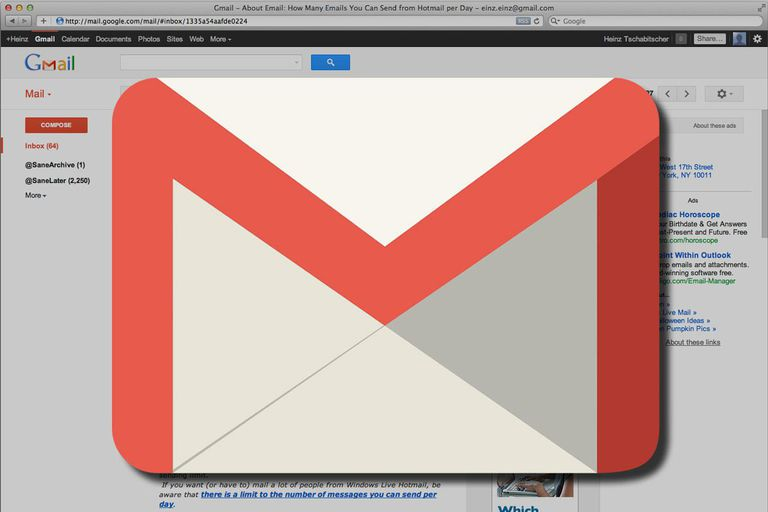Gmail’s Self-Destructing Emails Raise Concerns Over Government Transparency
Google is introducing a “self-destruct” feature in its Gmail service, allowing users to send emails that disappear after a set period of time. While this feature is a welcome addition for regular users, activists are worried that government agencies could use it to hide correspondence from journalists and advocates who seek transparency in government actions.
Currently, emails sent and received by U.S. government officials are accessible to journalists under the Freedom of Information Act (FOIA). However, as more government departments and agencies adopt Gmail, there is a growing concern that disappearing emails could be used to bypass public records laws. This could undermine one of society’s fundamental rights to transparency and openness.
“As more governments and their various departments use Gmail, there is a risk that public records laws could be circumvented through emails that ‘disappear’ over time. This would violate a core societal right to transparency and openness. We urge you to take steps to disable the self-destruct feature for government Gmail accounts and for emails sent to government agencies,” reads a letter from the National Freedom of Information Coalition (NFOIC) to Google CEO Sundar Pichai, as quoted by Motherboard.
What Is the Freedom of Information Act?
The Freedom of Information Act (FOIA) is a federal law that allows for the full or partial disclosure of previously unreleased information and documents controlled by the U.S. government. Signed into law by President Lyndon B. Johnson on July 4, 1966, and effective the following year, FOIA applies only to documents from executive branch agencies.
About the National Freedom of Information Coalition
The National Freedom of Information Coalition is a U.S. nonprofit organization that advocates for the public’s right to oversee government actions and ensure transparency.



